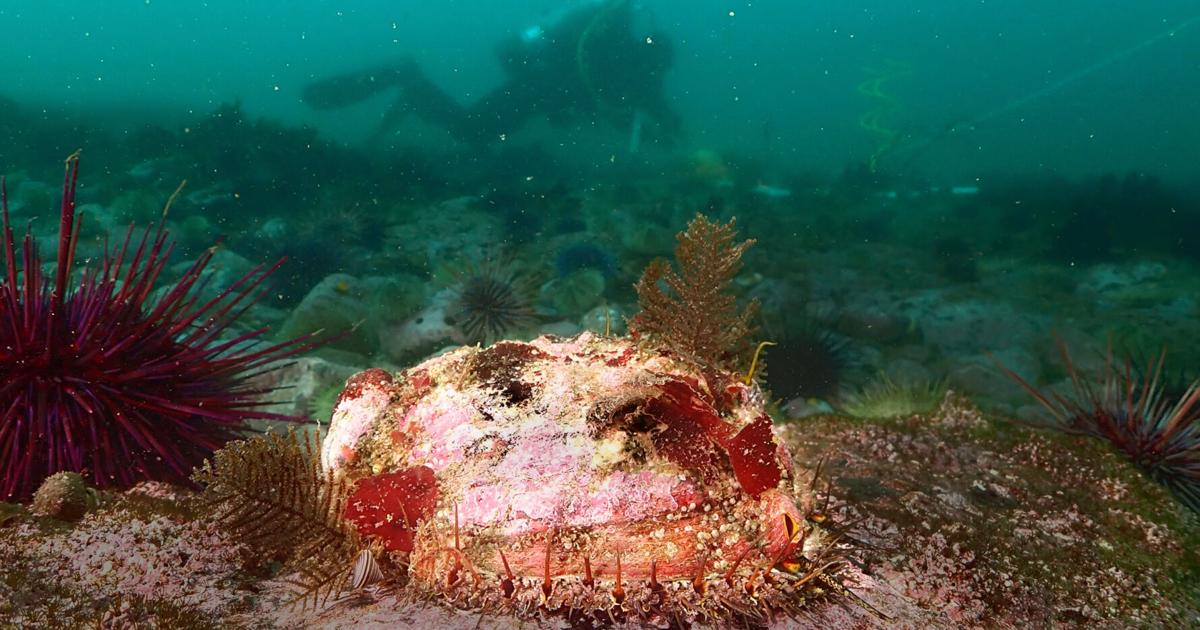Shellfish in Peril: Climate Change Threatens California's Beloved Abalone Populations

Climate change is casting a shadow over the future of local abalone populations, with new research revealing potentially significant challenges for these marine mollusks. A recent study published in Scientific Reports highlights how rising global temperatures and increasing ocean acidification could dramatically impact the growth and survival of these important sea creatures.
Scientists have discovered that the changing marine environment may pose substantial risks to abalone species, potentially disrupting their delicate ecological balance. The research suggests that warming ocean temperatures and more acidic waters could compromise the ability of these shellfish to develop and thrive, raising concerns about their long-term sustainability.
As our planet continues to experience environmental shifts, marine ecosystems are among the most vulnerable to these transformative changes. The study provides critical insights into how climate-related factors might reshape the future of coastal marine life, offering a stark reminder of the far-reaching consequences of global environmental trends.








